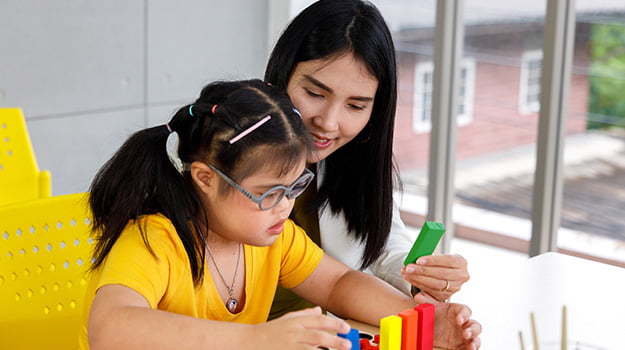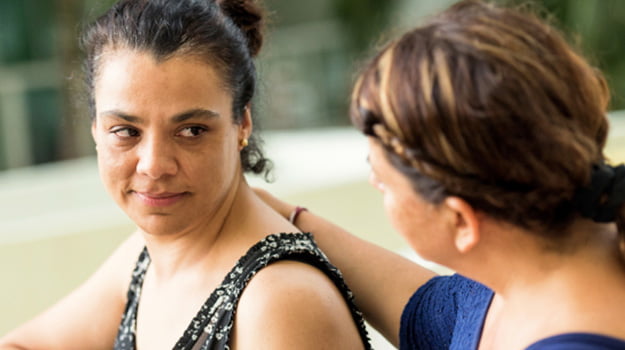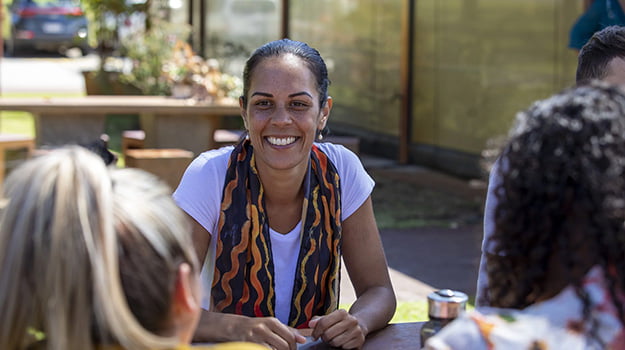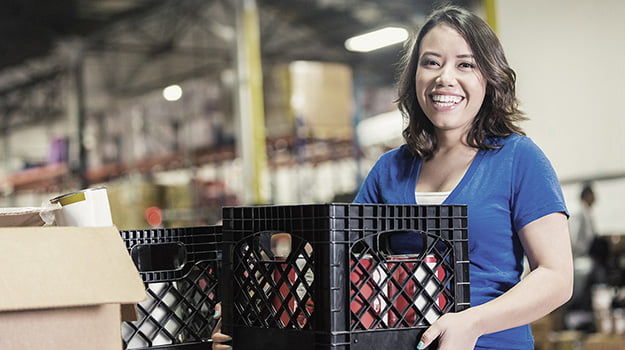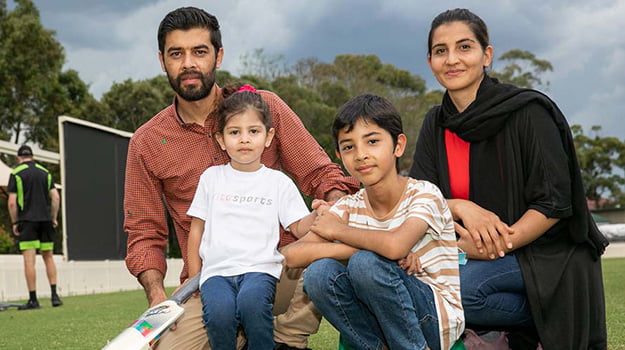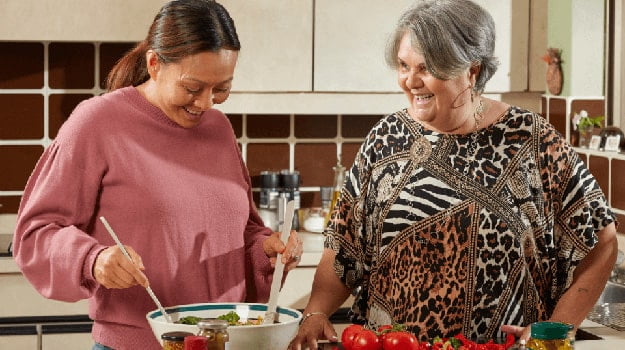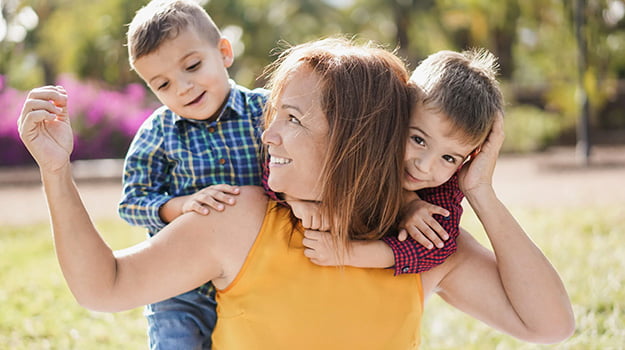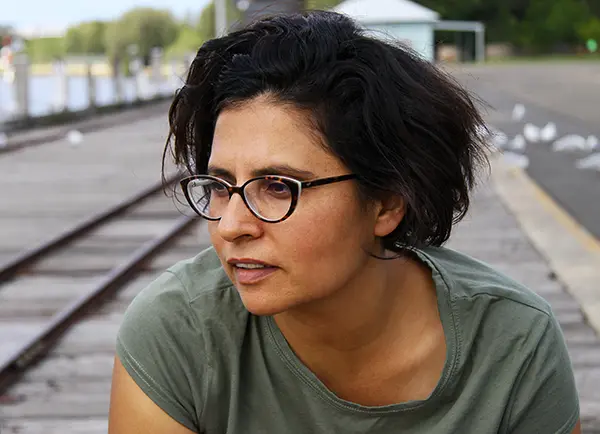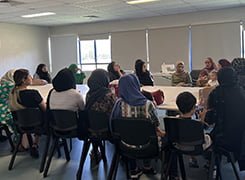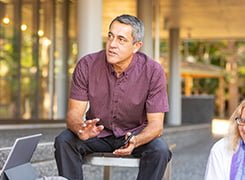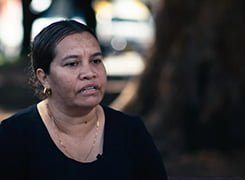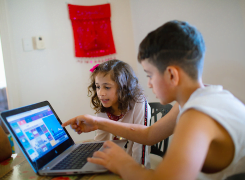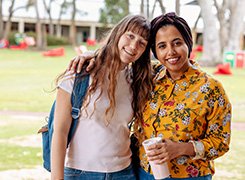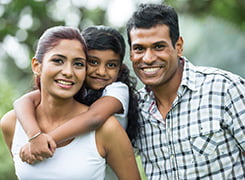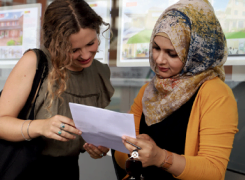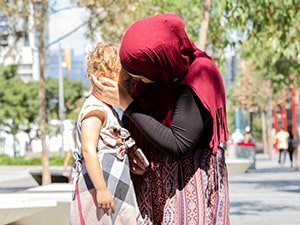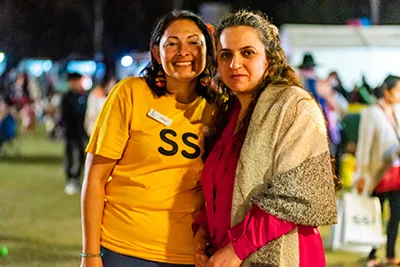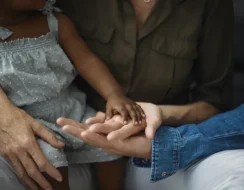28 Feb 2024
StoriesKimia’s journey: Empowering women and refugees through sport
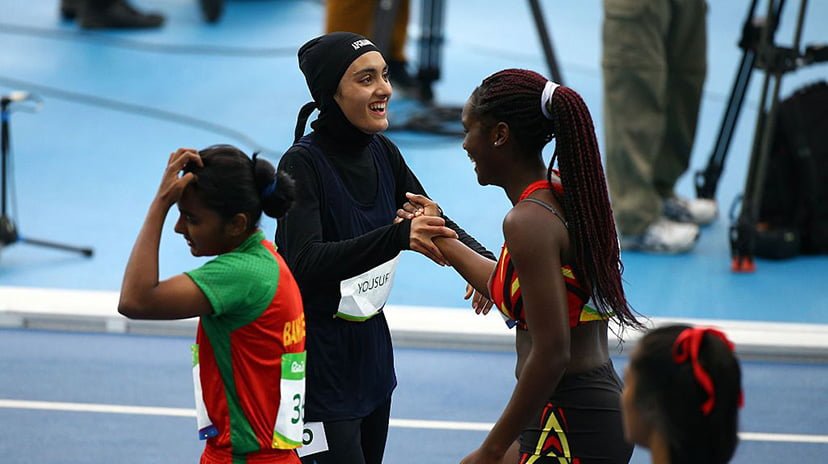
Kimia’s story begins in Kandahar, Afghanistan, where her parents fled from in the 1990s during the Taliban’s rule. Raised in neighbouring Iran, she discovered her passion for athletics at the age of 16. Little did she know that this passion would shape not only her athletic career but also her life’s trajectory.
Kimia Yousofi’s life journey exemplifies the transformative power of equal opportunities.
The now 27-year-old, returned to Afghanistan to train for selection at the Rio 2016 Olympic Games. She represented her country with pride and four years later, she once again qualified for the Tokyo 2020 Olympics. Competing in Tokyo, however, coincided with the Taliban’s return to power in Afghanistan, bringing with it oppressive measures against women.
As a female athlete representing a country under Taliban rule, Kimia became a target. Her involvement in sports clashed with the new restrictions imposed on women. In a courageous move, the Australian Olympic Committee (AOC), with the assistance of the International Olympic Committee (IOC), secured a safe exit for Kimia.
Arriving in Australia in 2022, Kimia found a welcoming athletics community and a chance to continue her Olympic journey. While training for selection to the Paris 2024 Olympics, she has also embarked on a journey to learn English at TAFE.
“When I came to Australia my English was zero. Then after one week, the Australian Olympic Committee gave me a coach, John Quinn. It was so hard just to communicate. I couldn’t talk with him. [We spoke through] a translate application. On the first day [of training] I didn’t talk with my teammates, just my coach, by application. After maybe six months, I realised the names of my teammates! And then I started talking with them. [Communication] was difficult for me.”
What Kimia found though, in her athletics team, was a group of similarly motivated, supportive people.
“I’m happy that I’m training with them. They always help me when I need help during training. They are positive. And I think it’s the best part of my squad. They are positive, always. The positive attitude helps us a lot because the training is hard.”
Kimia’s resettlement journey goes beyond personal success. She actively uses her profile to advocate for refugees, especially Afghan women. In less than two years, Kimia’s story has reached over 1.8 billion people worldwide. Her advocacy has extended to a meeting with UN representatives, where she has shared her experiences and addressed the issues faced by refugees in Australia.
Kimia’s resilience and commitment exemplify the potential for positive change when women are given equal opportunities.
Despite the adversity that Kimia has experienced during her life, she believes it’s important for women to persevere.
“When [the] Taliban came, I was in Afghanistan. At that time I didn’t have any idea about what I should do. I said, “I don’t want to stop. It’s not the end of my life; it’s not the end of my journey.”’
“Never give up. In every way. [There could be a] problem, issue, or barrier, but don’t give up. Because you can overcome problems. And problems can come to teach you something. You will go one level higher. Just keep doing.”

